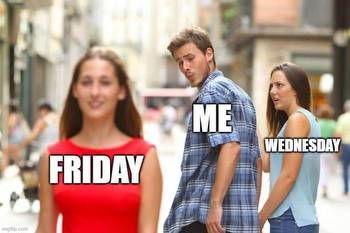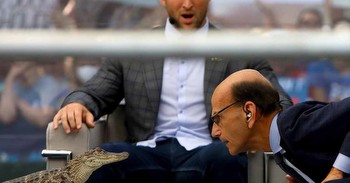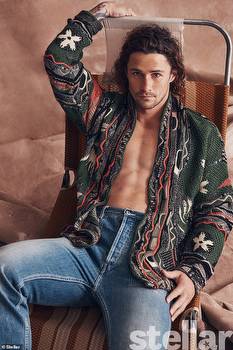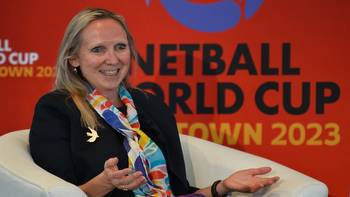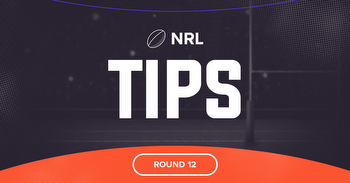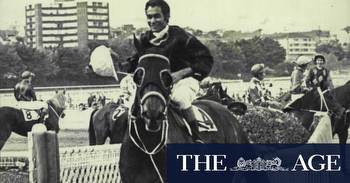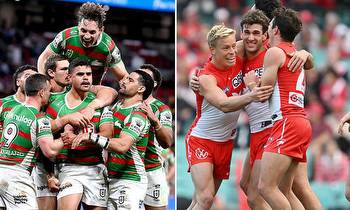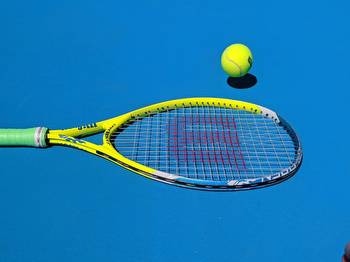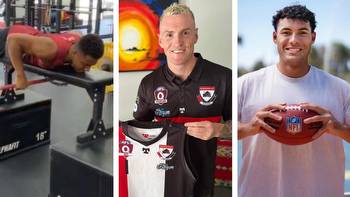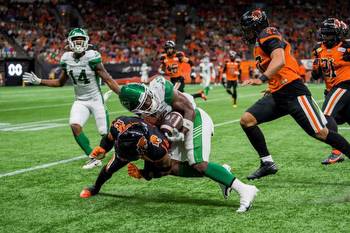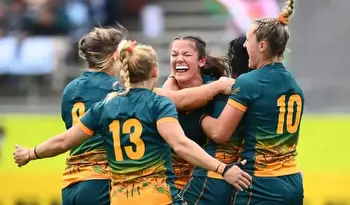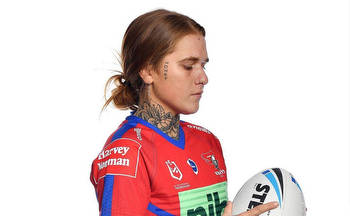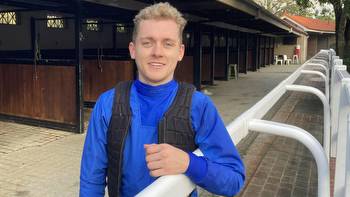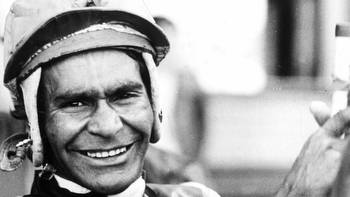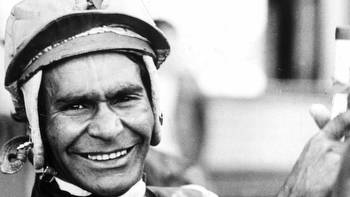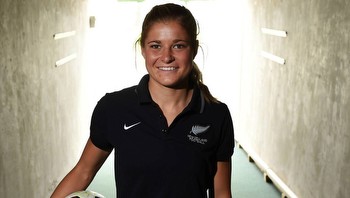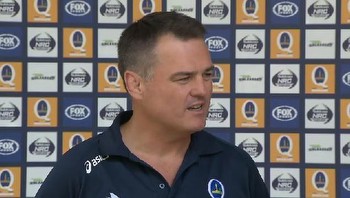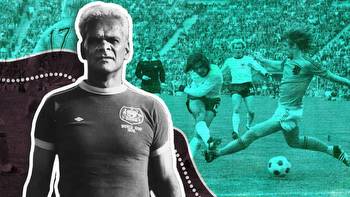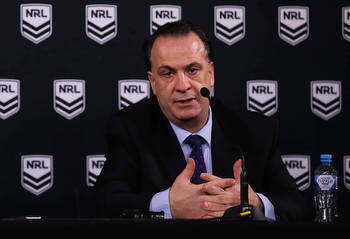As netball tries to move on from its past failures, it should do more during its First Nations Round than just pay lip service
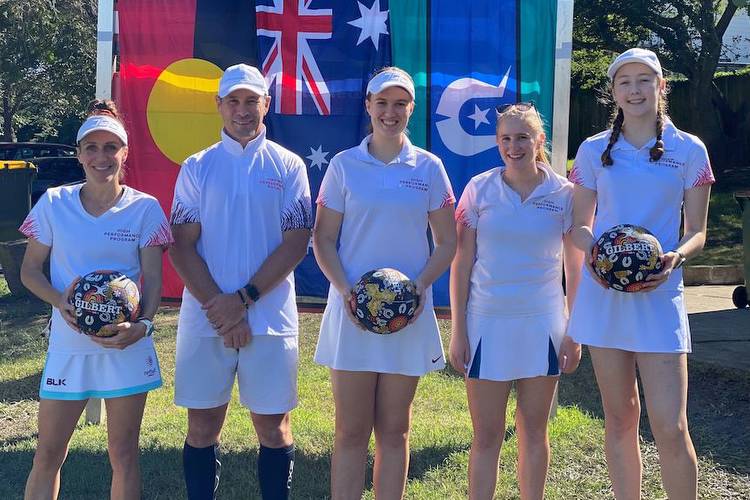
Over the next two weeks, Super Netball will celebrate its sixth First Nations Round, coinciding with National Reconciliation Week from May 27 to June 3.
The sport has a complicated relationship with First Nations culture, having been openly criticised in recent years for its treatment of Indigenous people, and although many would love to move on from its past failures and instead shift the focus to the positive progress that has been made, it would be remiss to only tell one side of the story.
Last year, the ABC reported netball was in a much better position to celebrate the themed round, considering the vital steps that had been taken to better the sport, two years on from the Jemma Mi Mi incident which saw a nationwide media storm engulf the league.
But that was before Netball Australia again let down its First Nations players, signing a $15 million Aussie Diamonds sponsorship deal with Hancock Prospecting without consulting its 2020 Declaration of Commitment, the relevant athletes or its First Nations Advisory Committee on whether the partnership was culturally safe.
The pressure applied to Donnell Wallam to get over being uncomfortable wearing a logo tied to the name of a man that suggested her people be bred out in the 1980s was extremely unfair, as was the complete lack of protection the sport showed to prevent her becoming the target of public scrutiny before her international debut.
In its desperation to claw back its financial status, Netball Australia forgot its duty to the players, so this passage in its 2022 financial report released last week rings a little hollow, knowing that it was Hancock Prospecting that ended the partnership and pulled their funding, forcing Netball Australia to look elsewhere:
"We have entered an era where associations and commercial partnerships that are based on alignment of values are becoming increasingly important … Members of our ecosystem are increasingly values-aware so we are seeking commercial partners that demonstrate the best alignment."
Seven months on, as we approach the round many fans look forward to on the Super Netball calendar, people will again suggest that the sponsorship debacle is simply in the past. But it is crucial those in charge ensure they utilise the upcoming two weeks to do more than just pay lip service to their commitment to First Nations people.
Mi Mi has now passed the baton as the only full-time contracted Indigenous player in the league on to Wallam, who as a result is likely to face the same barrage of questions as those that have come before her; questions she does not and should not be expected to have the answers for.
Beyond the beautiful dresses, welcome to country and smoking ceremonies, this is therefore another valuable opportunity for netball to promote a genuine link to Indigenous participation, recognise the incredible contribution of First Nations people and advocate for greater diversity.
The Netball Australia board following other codes around the country in announcing their support for a First Nations Voice to Parliament this week is a strong start. But genuine action — for instance, bringing back the Indigenous high-performance camp that 20 players attended back in 2017 — would be a welcomed move.
Almost seven years down the line, the inaugural camp, which was held at the AIS and spoken about so fondly amongst players that were involved, has never been repeated.
Another way would be to revisit the Declaration of Commitment and update it with some new goals, considering many of the administrators at state and territory organisations that originally signed it have moved on.
Netball's thriving Indigenous participation at grassroots
When we talk about the First Nations Round it makes sense to check in with Netball Queensland and the Firebirds, considering their strong ties to Indigenous talent.
Over the course of their history, players such as Helena Saunders-Higgins, Sharon Finnan-White, Beryl Friday and the previously mentioned Mi Mi and Wallam have all worn the purple dress.
Although the Firebirds were the main target for scrutiny in 2020 when the themed round turned sour, they are still a team that has fostered more Indigenous talent than any other club.
When Wallam was struggling to find a full-time Australian contract, she was given an opportunity to train with the Firebirds and ultimately ended up having a breakout season as a temporary replacement player – winning the 2022 Super Netball Rising Star award.
Even last week, her Firebirds training partner and Jemma's sister, Leesa Mi Mi, made her debut. She is also in the game-day squad for this weekend's game.
Queensland's Indigenous grassroots are thriving, with 5.1 per cent of all players in Queensland coming from First Nations heritage, compared to the 4.6 per cent of Aboriginal and Torres Strait Islander people that makes up the population.
There's been recent change at the top, with chief executive Kate Davies coming on board at the beginning of 2022 and helping to launch the organisation's new Reconciliation Action Plan (RAP), as part of the Declaration of Commitment and a demonstration of their willingness to change.
Speaking with the ABC, Davies said she believes all parts of the pathway are important when it comes to addressing the sport's lack of elite Indigenous representation – suggesting it is a bit of a chicken or the egg situation (more role models are needed to attract players at the grassroots level, while more grassroots First Nations talent needs to be generated so as to filter up the chain).
As a result, part of Netball Queensland's strategic plan in its RAP outlines a range of commitments linked to identifying and addressing potential barriers for First Nations players at the grassroots level.
"We hear it often – 'You can't be what you can't see' – and of course Netball Queensland and the Firebirds are extremely proud that we've had players like Jemma Mi Mi and Donnell Wallam play for our club," Davies said.
"It's not about flipping the narrative now, but more so expanding it so that our member associations, the media and our peers hold us to account just as much at grassroots as they do at the elite level.
"Netball Queensland had a strong track record at this before I got here, but with our new RAP plan we are also aiming to support our staff through education and taking responsibility to make sure that anyone that works here has an opportunity to commence or continue on their cultural journey.
"We're trying to transition diversity and inclusion from a function into a practice, so whether you're an employee or an athlete, we're helping our people understand why reconciliation is important to us, as well as upskilling our community development officers to further their ability to go out to First Nations communities and deliver programs that encourage more participation."
In February 2021, Netball Queensland put together a First Nations advisory group, featuring Friday, Finnan-White and Mi Mi, as well as a number of other figures from a non-playing background.
The group gets together on their own terms, but they are also approached by management for advice and support on First Nations issues. One of the things Davies has been able to implement with their help is the introduction of "Sorry Business" leave for employees.
"We did a big review of our leave policies and realised we didn't have any paid parental leave or culturally sensitive provisions, for example, allowing not just First Nations people, but anyone at Netball Queensland who prefer not to observe the Australia Day public holiday, to have the ability to take that day off at a different time," Davies said.
Western Districts join in on First Nations celebrations
Beyond the long-standing work Netball Queensland has been involved in within the Indigenous community – such as its ongoing partnership with health education program Deadly Choices and the Diamond Spirit community program, which uses netball as a vehicle to engage and empower Aboriginal and Torres Strait Islander girls in remote and regional communities – there are some other changes that are starting to come into effect.
Great steps have been taken in Brisbane, with netball association Western Districts hosting its very own First Nations Round last season.
Teams played with balls featuring Indigenous art, while three of Saunders-Higgins' sisters and her mother were present to give an address and show off one of her old playing dresses.
The association will hold their second instalment of First Nations Round next weekend on June 3 to coincide with the second week of Super Netball's celebrations.
A fourth sister, Melina Saunders, who is based in the ACT, said the family received wonderful support during their playing days at Western Districts.
Melina herself had a flourishing netball career, joining the AIS and Australian U21s squad at 16 years old, and later training with the Firebirds before getting the call-up for the Canberra Darters.
The Wiradjuri and Gunditjmara woman also sat on Netball Australia's RAP working group, before taking a step back in 2020 after the drawing up and signing of the Declaration of Commitment – which she argues is a "vague, motherhood statement with no practical implementation plan or publicly available targets" – without that group's knowledge.
"At grassroots, we were extremely supported and there was a number of people at Western Districts that gave us holistic support as an Aboriginal family with a single mother and nine kids," she said.
"You can imagine all of the logistical issues there may be getting to training, paying fees, obtaining the right equipment, understanding the pathway, having somebody there to advocate and communicate, and so on.
"To have support and allies there it made a world of difference … It goes a long way to creating a culturally safe environment where there is no judgement.
"You didn't have to explain yourself or feel bad asking for some kind of assistance, because there were women and men involved at Western Districts that understood our family."
So why is First Nations talent struggling to filter up the chain?
The biggest question that has surrounded Super Netball's First Nations Round since 2018 is why the sport's budding Indigenous talent at the grassroots level struggles to make its way through the elite pathways to the Super Netball level.
Kate Davies says she has the desire, and is in the process of making plans, to pull together a piece of economic and social impact research for Netball Queensland that will confirm why retention rates fall away, particularly in the teen age bracket.
She hopes it will help the organisation counter this trend, especially as the answers may be different for different parts of the First Nations community based on geography and circumstance.
"I can only speak from an anecdotal place, but I think in AFL and rugby league, part of the reason the retention of talent is strong is because those young players are seeing more heroes at an elite level," she said.
"I accept and acknowledge that netball has to do better in this space, and that's why we've got to address this from both angles, nurturing First Nations players through the whole pathway over the next decade so we can have more visibility at the Super Netball level.
"I think also, though, that there is more opportunity to play those other elite sports. Their contract lists are sometimes three times as big as Super Netball's, who only have eight teams and 80 positions in the whole country. So just on scalability alone, we're on the back foot."
These days, Melina Saunders coaches in the Netball ACT league, works as a director at Defence Australia and has been involved in putting together Netball NSW's new cultural competency training.
Through lived experience, she can list a range of reasons why the sport is failing to harness its First Nations talent.
"I spoke before about the immense support our family achieved at grassroots, but there is a big difference in that support at the next level," she said.
"As you move up the elite pathways there is very little diversity in both the coaching and administrative space, so when you lack that in the running of the sport, there is therefore little diversity in how it thinks and supports.
"A lot of the work I do in my job now is focused on diversity and inclusion in professional workplaces, and if I was to go in and assess netball as a workplace, I'd say it has a very low cultural maturity.
"Helena and I experienced this. Netball has an attitude of 'This is how our sport is run, this is what the expectation of an athlete is' and that is rigid, so if you are a player with a different approach, style of game or set of skills it can be really hard."
Saunders also points out the unusual pathway Wallam had to go through to get a starting spot in Super Netball and later in the Diamonds set-up, plus the added pressures of her debut that came with the Hancock Prospecting saga.
"You only have to look at Donnell to see how hard that journey can be for First Nations athletes," she said.
"She's from Western Australia, [and] tried to get a gig there and was instead encouraged to go overseas. Went and did that in the UK Super league, dominated, and then still had to move states and graft for a position at Firebirds as a replacement player.
"Even just in selection terms, she has a different build to what selectors would normally look for, and the style with which she plays the game is quite different, so that comes with difficulties – particularly women of colour.
"When you're the only one, it can be triggering to not have your voice heard or feel like you don't have one at all, because it is the under-represented group whose voices are often not listened to."
Saunders argues for this reason that Wallam's journey is "even that little bit more extraordinary".
"If you're a young player looking at netball, who says they want to be better while knowing there hasn't been another Indigenous Diamond for 20 something years before her, you'd likely be thinking 'What are the odds of me being that player?'" she said.
"I really hate, and this is something I used to get as well, that the view in the pathway is often that Indigenous girls are not resilient enough, they give up … The question I'm asking is, 'Why do they have to go above and beyond other players to earn their spot?'."


